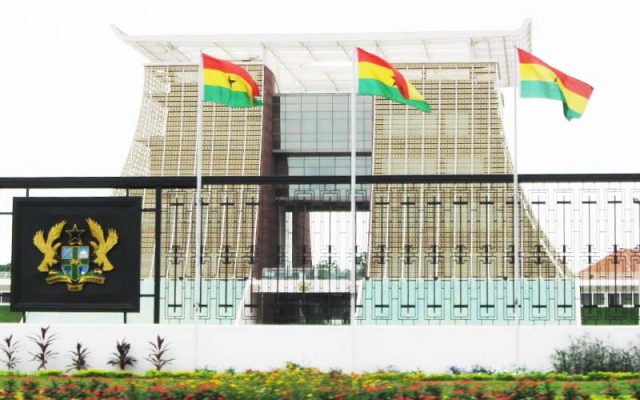Dr. Rashid Tanko-Computer, Acting CEO of Ghana’s Investment Fund for Electronic Communications (GIFEC), has lauded President John Mahama’s administration for fostering a culture of accessibility and inclusivity at the seat of government, contrasting it sharply with what he describes as the previous administration’s “closed-door” governance.
In an interview on TV3’s Hot Issues, Tanko-Computer likened the current Flagstaff House to a “chief’s palace”—a space where all Ghanaians, regardless of political leanings, can engage with leadership.
“Under Mahama, governance is no longer forbidden or militarized. The Flagstaff House is now open to ordinary people, much like a chief’s palace where everyone has a right to approach,” he stated. The remarks come ahead of plans to host Independence Day celebrations at the presidential complex, a move Tanko-Computer framed as symbolic of the government’s commitment to transparency.
He criticized the erstwhile Akufo-Addo-led New Patriotic Party (NPP) government for operating with what he called “fortress mentality,” alleging that citizens were barred from the premises and treated with disdain. “Previously, it felt like a military zone—guarded by fear, not respect. You couldn’t even pass nearby without sensing hostility,” he claimed.
Tanko-Computer, who also serves as Deputy Director of Elections and IT for the opposition National Democratic Congress (NDC), accused the NPP of ruling with unchecked arrogance. “They governed as though they’d seized power by force, answerable to no one. A small cabal at the Flagstaff House made decisions in isolation, undermining accountability,” he asserted.
The GIFEC chief’s comments amplify the NDC’s narrative of the Mahama administration as a corrective to prior elitism. However, critics argue such rhetoric oversimplifies complex governance challenges. Political analysts note that while public access to leadership resonates culturally, tangible policy outcomes—not symbolism—will determine the administration’s legacy.
As Ghana navigates economic recovery and electoral reforms, Tanko-Computer’s analogy of the “chief’s palace” underscores a broader debate: whether openness translates to effective governance or risks performative politics. For now, the Flagstaff House’s gates appear metaphorically—and literally—open, but Ghanaians will judge its stewardship by results, not just rhetoric.
Send your news stories to newsghana101@gmail.com
Follow News Ghana on Google News















